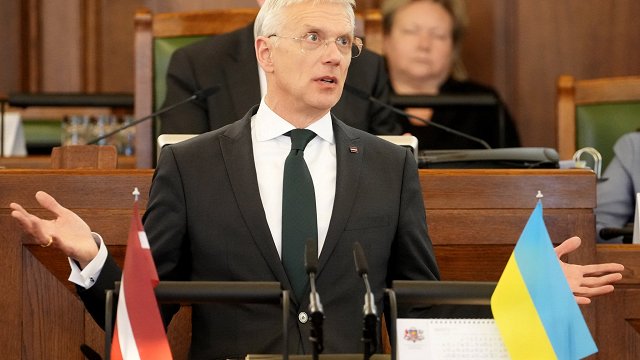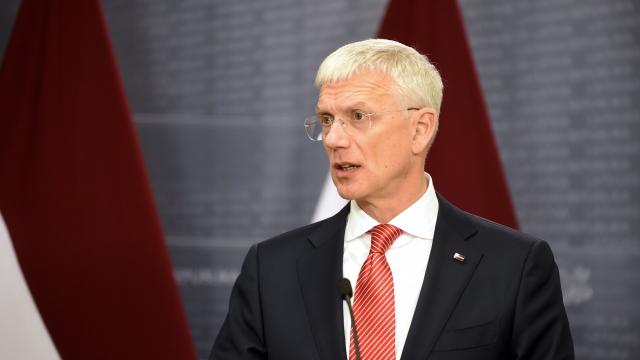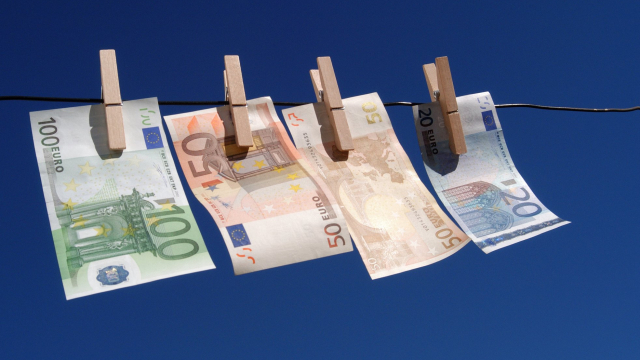Thanks to projected economic growth, the budget’s “net increase” is expected to exceed EUR 500 million in 2020, the prime minister said. “The economy is growing, which means that activity continues to grow and tax payments continue to grow, as so does the budget,” he said.
When reminded about the slowing pace of economic growth in recent months, the prime minister compared the process with a plane taking off.
“It’s like a plane taking off – in the beginning the climb is very steep, then it becomes more gradual, but it still is a climb, and so we too are still in the growth phase, which is very good and we really have nothing to complain about,” he said.
However, ministries’ excessive financial demands represent a challenge, Kariņš admitted, adding that if all the legitimate interests and wishes of the coalition partners are met a surplus in the 2020 budget cannot be achieved.
“We, politicians, the five political parties, need to come to an agreement on how to distribute the [budget] increase fairly,” the premier said.
“Of course, all ministries see that even more money should be redistributed. The opportunities are what they are, and the debate is now on what their common priorities are, how we can promote economic growth and social justice through the state budget. I believe that as a government we can and will do that,” the PM said.
Asked to elaborate on tax changes planned for next year, Kariņš underlined the necessity to support the lowest-paid employees, which would be one of the instruments for fighting shadow economy. In Latvia, the tax burden on the lowest-paid employees is one of the biggest in the region, he admtted.
The prime minister believes that in Latvia’s situation the easiest way to help the lowest-paid population would be to raise nontaxable minimum income, not the minimum wage. “If we raise the minimum wage, the tax remains high and people see little benefit. This would only benefit the Treasury, not the people,” Kariņš said.
The premier also said that Latvia’s tax policy should be planned in a three-year perspective and that taxes should only be changed once in three years at most.
Commenting on various tax regimes currently in use in Latvia, the premier said that the tax regime for micro-enterprises is unfair relative to other businesses and should be changed but that such changes must not be rushed.




























